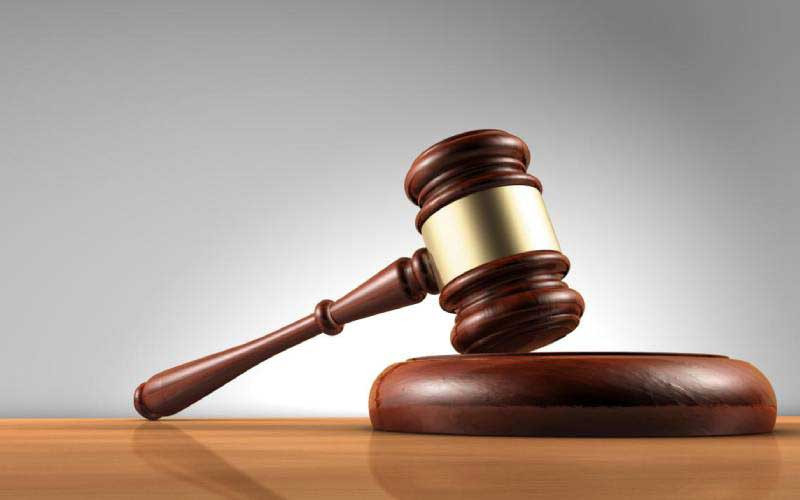
TEACHER Unions have filed a High Court chamber application imploring the courts to order the government to come up with a legal framework for
collective bargaining in line with section 65 of the Constitution. In the application filed on December 6, teachers’ unions through their lawyers, Matika, Gwisai and Partners, argued that the conditions of service for civil servants were supposed to go through a collective bargaining process.
This is an application for a declaratory order in terms of section 85(1) of the Constitution of Zimbabwe as read with section 14 of the High Court Act on terms set out in the draft order attached to this Application. The Application is
directed against s.19 (1), s.20, and s.31(1) of the Public Service Act (Chapter 16:04) and the entire Public Service (Public Service Joint Negotiating Council)
Regulations SI 141/1997.
“Applicants are applying for an order to declare that the effect of s.23(1) (b) of the Constitution is that the conditions of service of members of the Public
Service including their salaries, allowances and other benefits must be determined through a binding collective bargaining process involving the
employer and trade unions and associations representing the employees,Zimbabwe Teachers Association (Zimta) chief executive officer Sifiso Ndlovu
submitted on behalf of the unions.
That s. 19(1), S.20 and s.31(1) of the Public Service Act are unconstitutional in that they are inconsistent with section 203(1) (b) as read with section 65(5)(a) and (b)of the Constitution as those sections violate the right to collective bargaining of members of the Public Service ,trade unions and employee organisations.
I aver that it is common cause that the Constitution is the supreme law of the and any law, practice, custom or conduct inconsistent with it is invalid to the extent of its inconsistency. Equally, the obligations imposed by the Constitution bind, and must be fulfilled by all persons including juristic persons, the State, the executive, legislature, judiciary and all institutions and agencies of government at every level"
The unions cited the Public Service Commission, President Emmerson Mnangagwa), Finance minister Mthuli Ncube, Public Service, Labour and Social
Welfare minister Paul Mavima, Attorney-General Prince Matshaya and Justice minister Ziyambi Ziyambi. Over the years, teachers’ unions have been at loggerheads with government over poor conditions of service.
Follow Lorraine on Twitter@RMuromo










